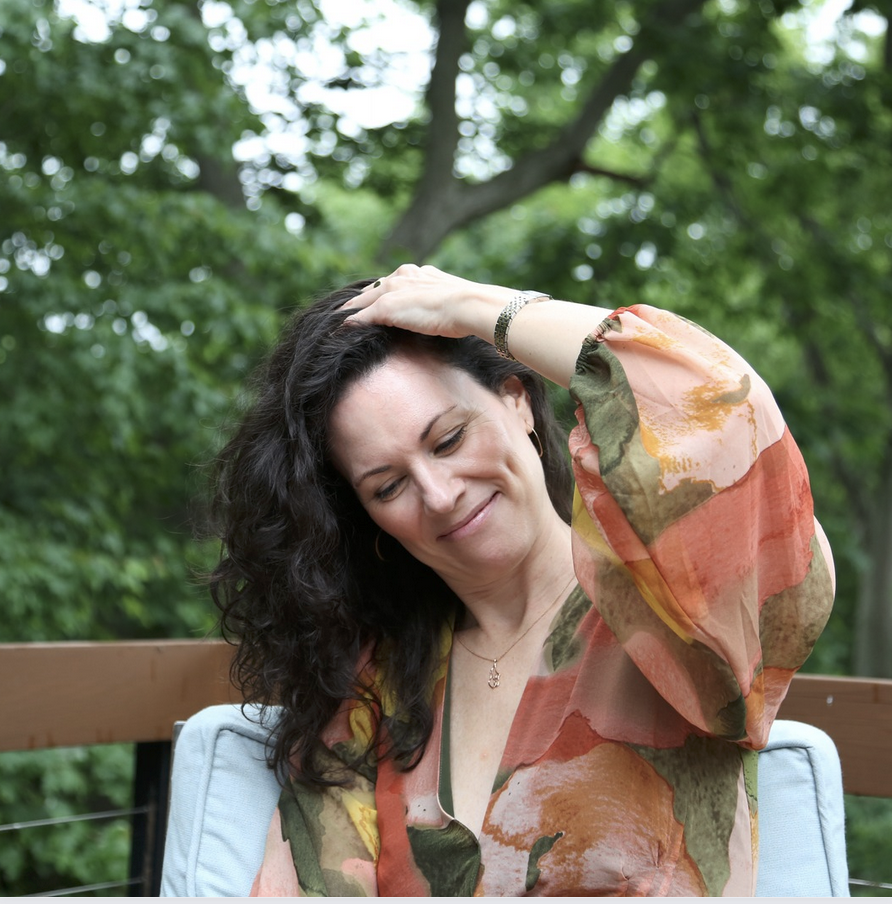
Bucking the system to bring more pleasure and spirituality into your life
Tending precisely to your emotional hunger
In her book Mindful Eating, pediatrician and Zen Buddhist teacher Jan
Chozen Bays writes about the different kinds of hunger. This includes heart hunger, the emotional hunger you feel when you have unmet needs, experience internal turmoil, and struggle with difficult feelings.
Using food and eating to numb out to our experience
When we eat to numb out, perhaps bombarding our senses with simultaneous Netflix, social media, and Chunky Monkey ice cream, our goal is to feel everything—and therefore nothing. When we eat out of ignorance, one approach to returning to our true experience is to simplify.
Using food and eating to resist discomfort
When we eat to resist or change painful or uncomfortable emotions, we try to substitute the pleasure of eating for what we deem undesirable.
Using food and eating to grasp onto pleasure
Whether we are eating a favorite food that no longer tastes so good as we become satisfied, or we have reached the point of comfortable fullness during a meal, eating to grasp onto pleasure is chasing pleasure that is dissolving or has already dissolved, and no longer responding to what our bodies are communicating.
When we use food to meet non-food-related needs
Food and eating meets a variety of our needs beyond just supplying our bodies with calories and nutrients. It can provide comfort, entertainment, and connection. It can punctuate holidays and celebrations and be a means of expressing our heritage.
As with anything else in life, how we use food and eating can be to “wake up” in our lives – to work with the reality of what is unfolding for us moment to moment. Or we can use it to “go to sleep” – rejecting reality and trying to alter our experience to be more to our liking.
How to Make Friends with Your Aging Body
If you have a negative body image, says Jenna Hollenstein, contemplating the five skandhas can help.
Whether you’re looking at your first gray hair, another stray eyebrow (aka chin hair), early whispers of crow’s feet, or the new belly you’ve acquired, you might feel unprepared for your body to age. When the face looking back at you in the mirror becomes momentarily unrecognizable, there’s no doubt that you, as all things, are impermanent. That can lead to fear, make you feel exposed, and cause you to cling to the past.
Kripalu workshop rescheduled for September 22-24, 2024!!!
I am so excited to announce that my workshop “From Emotional Eating to Intuitive Eating” has been rescheduled for September 22nd through the 24th and I hope you will join me. Registration is open and folks are already signing up!
Is it possible to learn to like change?
Once, when I was preparing to co-teach a class with my meditation instructor, I confessed that I was feeling nervous and anxious. She suggested I might think of it as a heightened state of awareness. The body doesn’t necessarily know the difference between anxiety and excitement so the heightened awareness I was experiencing negatively as anxiety could also be reframed as heightened awareness to novelty and change.
A few tips for navigating change
As I shared in my last newsletter, change has found me once again and I’m moving through some personal and professional transitions. As we all know, change can be challenging. The pressure to know what you’re doing at all times is strong and change can upend all sense of safety and security.
An update from little old me
I haven't written to you in a couple of months and want to share what is going on in my life right now. I've now been a dietitian for 25 years, in private practice for the last 11 or 12. My practice was created based on a hunch that there was something important to be gained from combining eating disorder recovery work with meditation and mindfulness.
Why it’s so hard to trust yourself
Some thoughts on why it’s so hard to trust yourself and why it’s so very important, not just to Intuitive Eating but to your life overall.
Movement as practice
I've shared before that I love the idea of practice. Instead of my initial association of practice with something you do only in preparation for some big day, today I see almost everything I do as a practice.
Movement as long-term relationship
If you are in or have been in a long-term relationship, you know that it never stays the same. We have the choice to work with that reality or fight it.
Movement as a spectrum
Most of us think of physical activity as exercise, but I don't love that word. Exercise, for me, is judgemental. It implies that physical activity needs to be vigorous in order to count.














